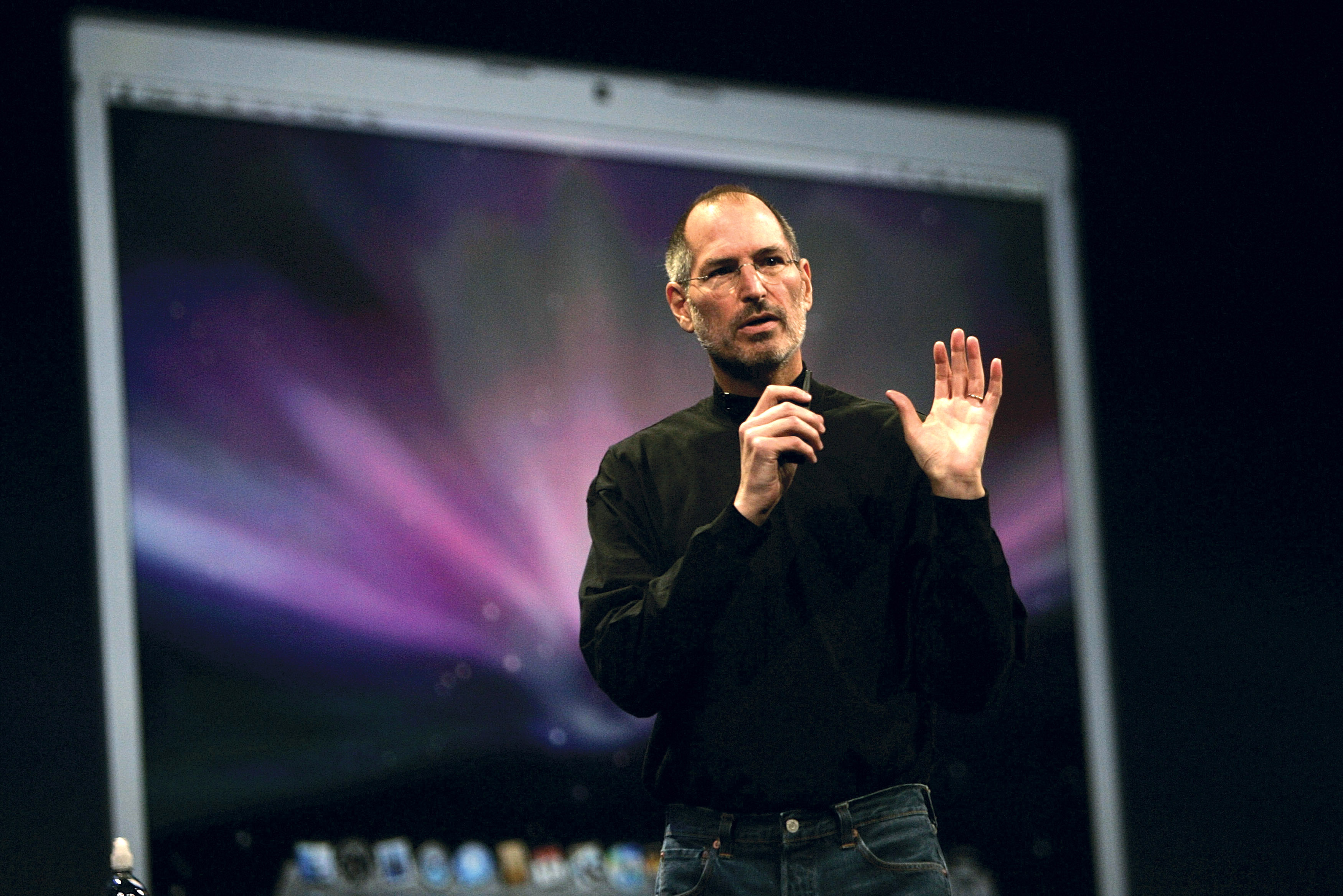If you’re feeling like you aren’t where you should be at work, it might be time to hit the refresh button on your communication skills. So much of what we stress out about at the office — wasteful meetings, inbox overflow, tough evaluations and negotiations — are rooted in poor or inefficient communication, and can be remedied with mindful communication. So how does one get there? Let’s look at the day-to-day communication strategies of highly influential people for inspiration. Which habits will you add to your own workday?
Lead your next meeting with these 3 questions like Oprah
Meetings all too often waste more time than they’re worth — but they don’t have to be this way. Take a cue from one of the greatest communicators of all time, Oprah Winfrey. Winfrey begins every meeting with the same three questions:
- What is our intention for this meeting?
- What’s important?
- What matters?
These small questions pack a surprising punch. They help align participants on the purpose, goals, and values at hand — three elements not to be overlooked when everyone’s taking time out of their busy calendars to gather in the first place. Rooting the agenda at the outset helps keep the conversation focused and productive, preventing meetings from being a waste of everyone’s time.
Follow this 24-hour email rule like Malcolm Gladwell
When Malcolm Gladwell opened up to Arianna Huffington on the Thrive Global Podcast, he shared an enviable email hack that has made a huge difference in his day-to-day workflow: He catches up on correspondence only once a day, in the evening — a strategy that protects his own bandwidth and manages the expectations of others. “If you don’t answer people’s texts and phone calls and emails right away, then they learn that, and they understand. They don’t have to respond to my response right away, and I don’t have to respond to their response right away.” That said, if a 24-hour stretch is just too long for your work circumstances, here’s a more manageable Thrive Global Microstep for you to try: Simply block off time on your calendar throughout the day to catch up on emails. It takes an average of 25 minutes to refocus after being interrupted, so setting aside time for email can help you avoid constant inbox distractions.
Pursue feedback like Sallie Krawcheck
When prolific Wall Street investor and ElleVest founder Sallie Krawcheck visited her alma mater, UNC’s Kenan-Flagler Business School, in 2013, she imparted a simple yet valuable phrase from her daily vernacular: “Ask all the time: How did I do?” This is an especially powerful phrase for women to adopt, as research shows that women in the workplace receive less feedback, on average, than men. Actively seeking out input from your colleagues, rather than waiting until after a presentation or deadline met, demonstrates that you are truly interested in and receptive of constructive feedback, no matter the setting. And according to Krawcheck, “That’s how you learn leadership.”
Approach negotiations as conversations, like Steve Jobs
For all the ups and downs of his legacy, Steve Jobs knew how to negotiate, and we can see this from his writing. An email to James Murdoch of News Corp., unsealed as part of a 2013 lawsuit, reveals Jobs laying out a conversational and emotionally intelligent case for an e-book partnership between Apple and News Corp. subsidiary HarperCollins. One line at the end, in particular, speaks volumes:
“Maybe I’m missing something, but I don’t see any other alternatives. Do you?”
There’s great beauty in the simplicity and humility of this language. It’s a non-confrontational conversational bid that makes an impactful case for his standing, yet acknowledges the possibility that he may not have a complete picture and invites Murdoch to share his own thoughts. He frames the exchange as the sharing of human perspectives, rather than a war of inarguable realities. Since tensions can run high during negotiations, reframing them as conversations improves the emotional dynamic and, as a result, the likelihood of finding real common ground.
Actually sign off when you’re off work, like Ryan Reynolds
You might know him best as Deadpool, but Ryan Reynolds is also a businessman in his own right as an investor and owner of Aviation Gin, a craft American brand. But this doesn’t mean he leaves his signature sense of humor checked at the door. His fun out-of-office messages have gone so viral they’ve crashed company servers. Take this one, from August 2018: “Thanks for your email but unfortunately, I am out of the office on official business. I really can’t say more than that. It’s official. It’s business. And that’s that.” And this quip, from July 2018: “Thank you again for your email… If the matter is urgent, please contact my secretary, Bruce, who’ll respond the moment I get a secretary named Bruce.” Even those of us in the stuffiest corporate environments can take heart and add a little element of fun to our own automatic responses.
Follow us here and subscribe here for all the latest news on how you can keep Thriving.
Stay up to date or catch-up on all our podcasts with Arianna Huffington here.


